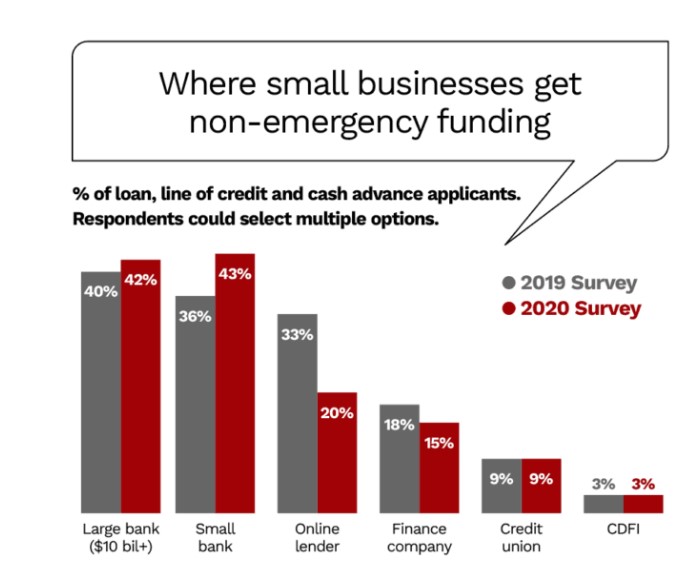In the traditional financial landscape, the fate of small businesses seeking loans has often been tied to the owners’ credit scores. However, as Fintech lenders continue to disrupt the industry, business owners with less-than-perfect credit are finding new avenues to secure necessary funds.
One key factor contributing to this shift is the innovative credit assessment methods employed by Fintech lenders. Instead of relying solely on credit scores, which can be influenced by a multitude of factors, many of these lenders are utilizing advanced algorithms and artificial intelligence to assess an applicant’s creditworthiness. These platforms, such as SimplyBanc, consider the broader financial health of a business, including revenue trends, cash flow, and market opportunities, leading to a more comprehensive credit evaluation.
Fintech lenders recognize that a low credit score doesn’t necessarily equate to a poor investment. Instead, it may represent a business owner who took risks, weathered financial hardships, or experienced unforeseen circumstances.
At the heart of this evolution is the understanding that every business, irrespective of the owner’s credit score, deserves an opportunity to secure financing that can fuel its growth. Fintech lenders are bridging this gap, democratizing access to capital for businesses previously deemed too risky by traditional lending standards.
“Through our technology platform, we help business owners, even with bad credit, to get the best terms, rates, and payments that are affordable for their business,” explains a spokesperson from SimplyBanc.com. “We believe in seeing the bigger picture, beyond just a credit score.”
Apart from more inclusive credit assessments, Fintech lenders are also revolutionizing the lending process with their speed and efficiency. Traditional loan applications can be lengthy and complex, and applicants often have to wait weeks, if not months, to hear back.
The rise of Fintech lenders also underscores the changing perception of credit risk in today’s digital age. By leveraging data and machine learning, these platforms can accurately predict risk factors, enabling them to make informed lending decisions. This new approach to credit risk is giving businesses with bad credit a much-needed second chance.
Beyond providing financial solutions, Fintech lenders are playing a crucial role in stimulating economic growth. By supporting businesses that might otherwise have been left out of the financial system, they’re creating jobs, fostering innovation, and driving local economies.
However, this doesn’t mean that traditional banks are irrelevant. Instead, they can learn from the agility and inclusivity of Fintech lenders. With the rise of open banking and collaborations between banks and Fintech companies, there’s potential for traditional financial institutions to incorporate these innovative lending practices.
The evolution of Fintech lenders represents a broader trend in the financial industry – the move towards a more inclusive and efficient financial system. As these lenders continue to disrupt the industry, it will be interesting to see how traditional banks respond. However, one thing is certain: for business owners with bad credit, the future of lending looks brighter than ever.

